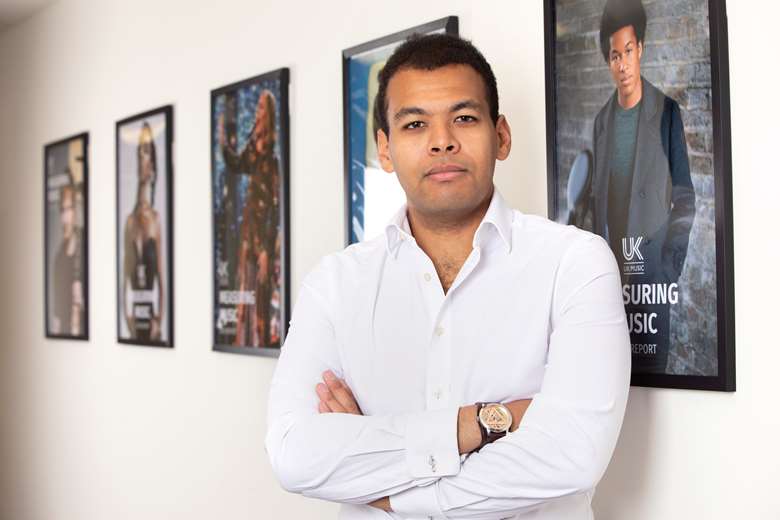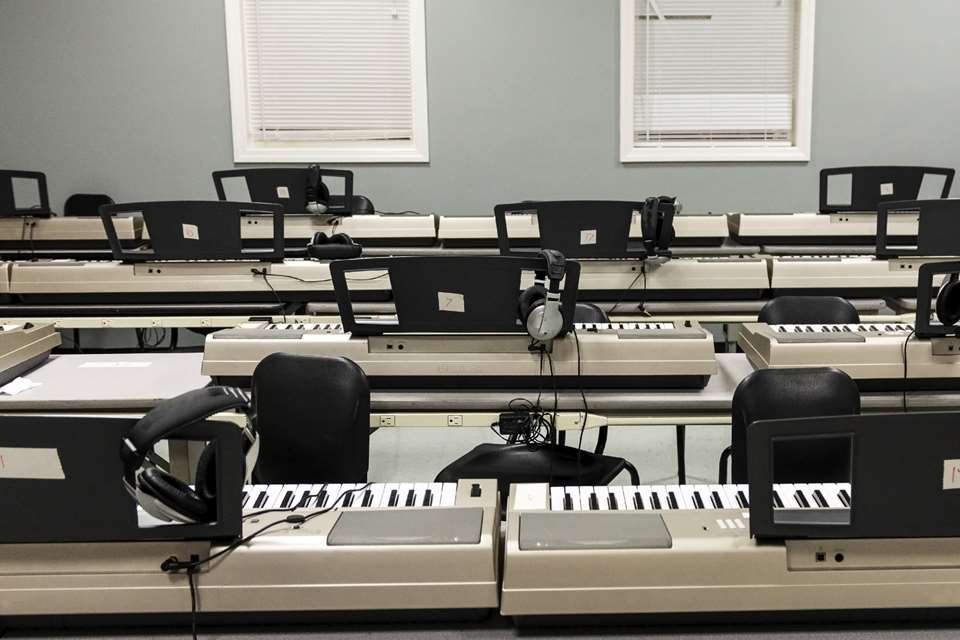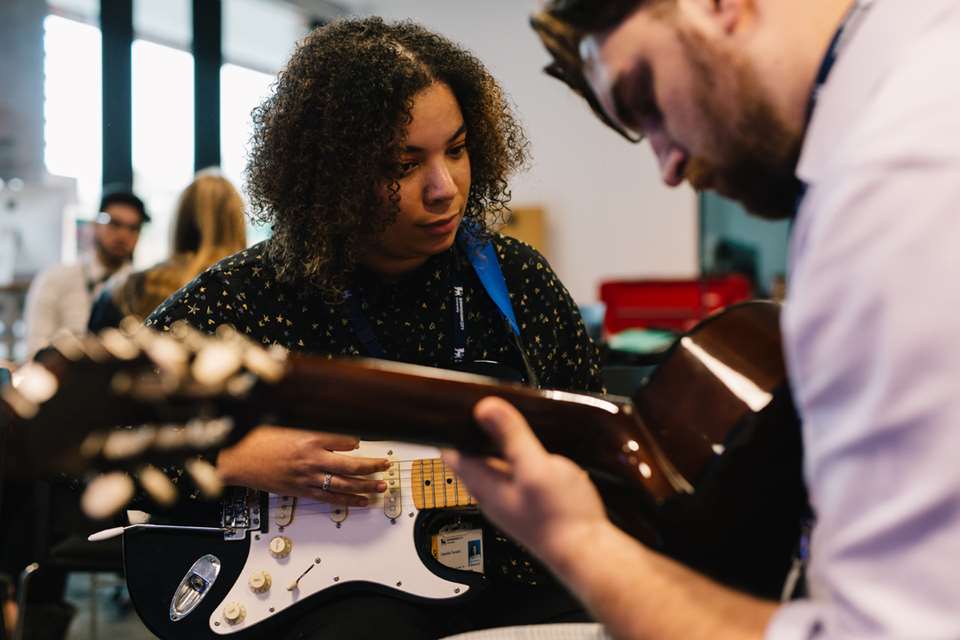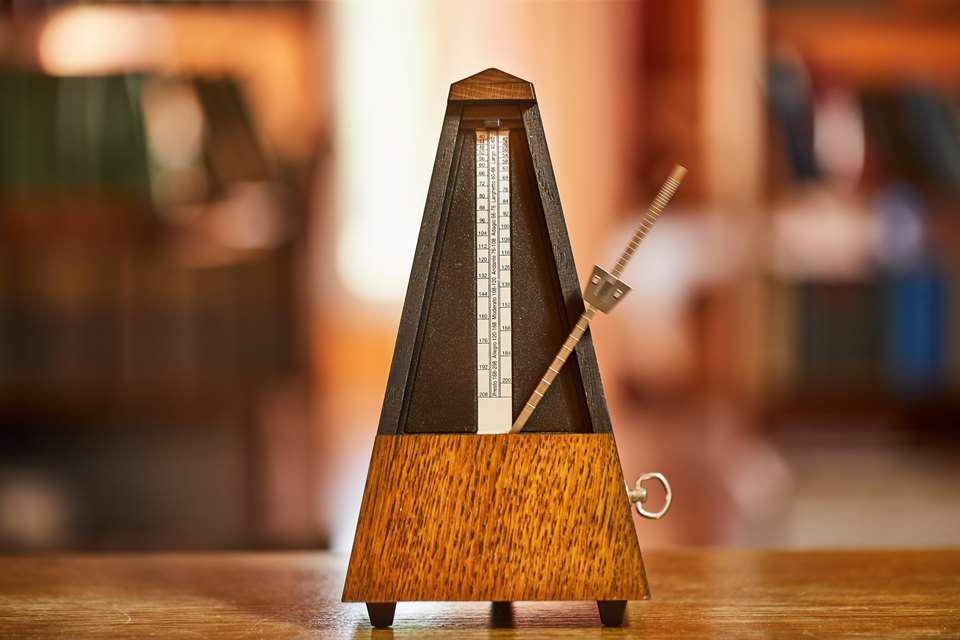UK Music calls for investment in music education to reverse ‘deeply concerning’ trends
Harriet Clifford
Thursday, August 12, 2021
Entries for GCSE and A Level Music are steadily declining, with knock-on effects for the music industry’s talent pipeline.

The chief executive of UK Music, Jamie Njoku-Goodwin, has called for action as A Level and GCSE results show that long-term trends in entry numbers are continuing in the same direction as previous years.
Although entries for GCSE Music increased by 1.62 per cent this year, numbers have fallen by 19 per cent since 2011 across England, Northern Ireland and Wales.
A recent research report from Dr Adam Whittaker and professor Martin Fautley predicted that if trends continue in a linear manner, there may be no A Level Music entries by 2033.
On GCSE results day (12 August), Njoku-Goodwin said: ‘Congratulations to all A Level and GCSE music students after such an immensely challenging 17 months for both students and teachers.
‘While the numbers of students taking music GCSEs and A Levels is broadly similar to last year, the long-term trends are deeply concerning – the numbers of A Level music students has dropped by almost a third since 2014, and there are 12,700 fewer GCSE music students than there would have been if numbers had risen in line with overall GCSE entries.
‘We need action to support and grow music education in schools, and reverse this worrying decline.’
He added: ‘The music industry relies on a talent pipeline of accomplished and dedicated music students to produce the highly skilled professionals of the future. Many of them will go on to play in top orchestras, become music teachers or contribute to world-class recordings.
‘It is vital we continue to nurture music students and ensure children from all walks of life and every background have access to music and the chance to make a good living from it. Music is vital to our economy, our culture and our society. It is one of our greatest national assets and will play a crucial role in our post-pandemic recovery – so it’s more important than ever that we invest in music education and reverse this worrying decline.’
Njoku-Goodwin was recently announced as one of 15 panellists who will help produce the new National Plan for Music Education, due to come 'early next year'.







